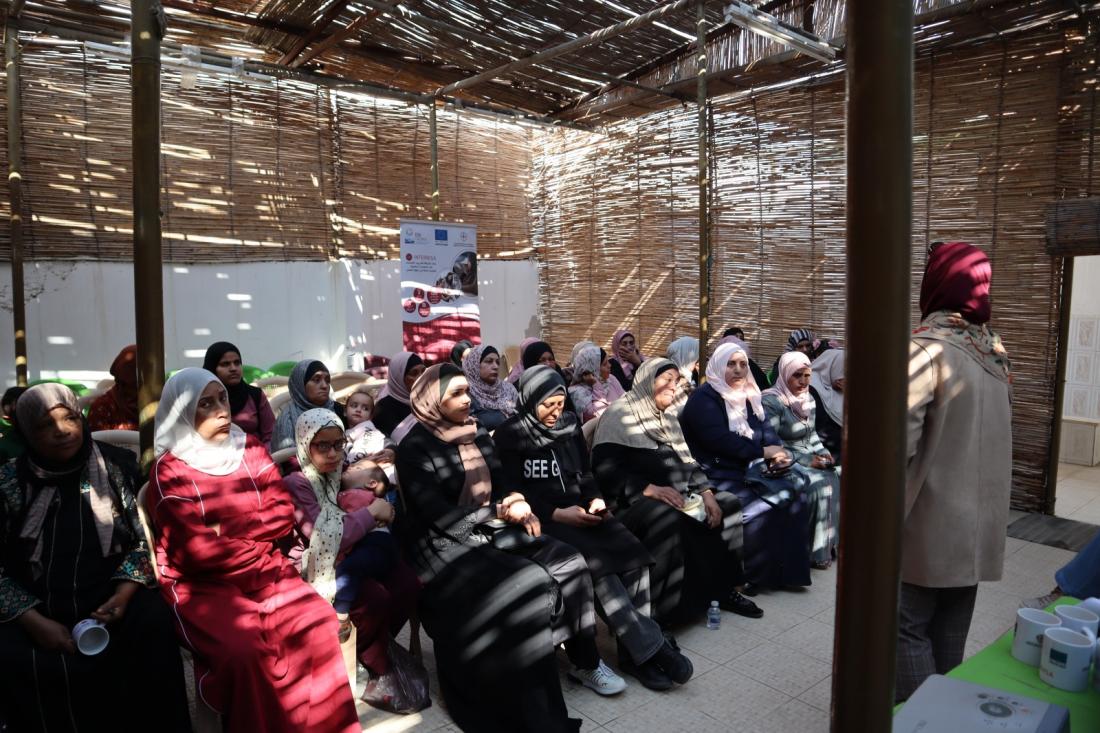INTERNISA in Jordan continues its dissemination campaign in remote areas to increase IT skills to women

Al-Balqa Applied University, the Jordanian partner of the INTERNISA project, launched the introductory and promotional campaign for the project in Jordan. This second campaign activity aims to introduce the project, its core, its objectives, activities, and ways to benefit from its services to women. The second campaign took place in south Shouneh (south west of Amman) on the 5th of March 2023. During this campaign, the project team visited the Jordan Valley Development and Reconstruction Association, where 33 women from the local area participated in the project activities and attend the session. During this visit, the INTERNISA project was introduced to the participants, which aims to build women's digital capabilities and help them enter and penetrate the labour market by reducing the gap between the digital skills required in the Jordanian labour market and those of the target groups. The project team also fully explained the online platform of the project, which provides training services for women in the digital fields. The platform also displays vacancies with the project partners in the participating countries (which are Greece, Jordan, Italy, Spain, Palestine, Lebanon, and Tunisia). As previously mentioned, the platform provides users with effective communication tools with the authorities. The various announced job vacancies, and this helps in accessing the labour market inside and outside Jordan.
It is noteworthy that the INTERNISA project in Jordan has established a women's center equipped with the latest equipment and tools necessary to provide training and access services to the project's platform, as the Center provides services to women beneficiaries on an ongoing basis and provides specialized training courses in digital fields. For his part, the project manager, Dr Omar Arabiyat, stressed the importance of such visits to increase the number of beneficiaries from the project services, and its importance in facilitating access to remote and less fortunate areas, which helps to achieve the project's goals of building digital capabilities among women.









